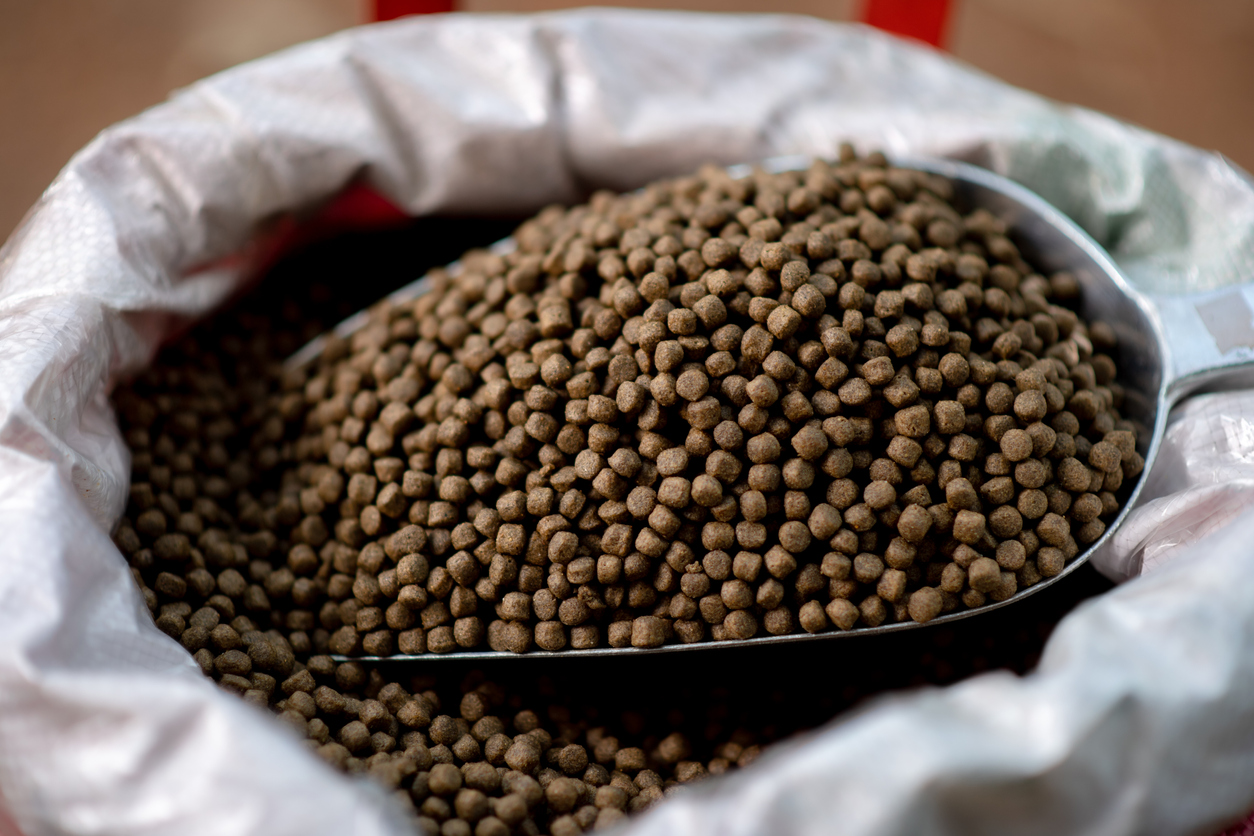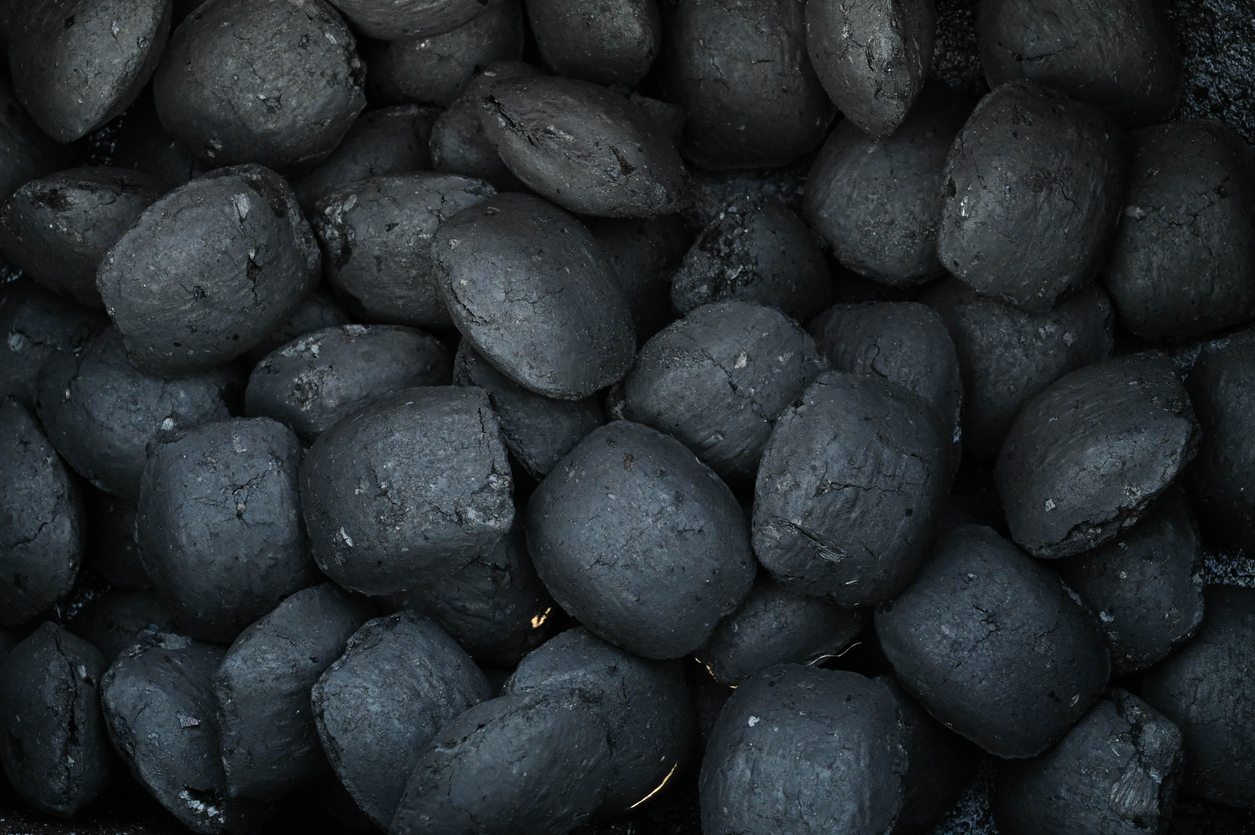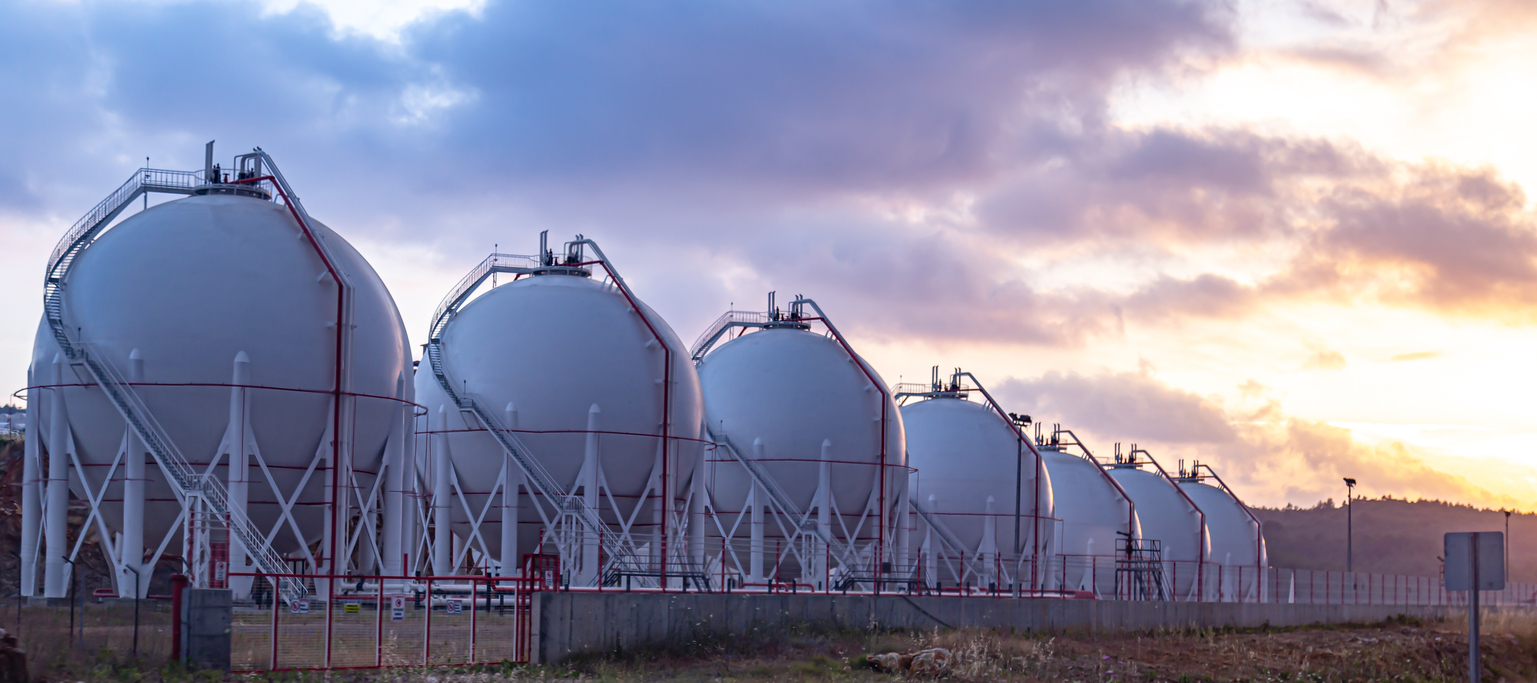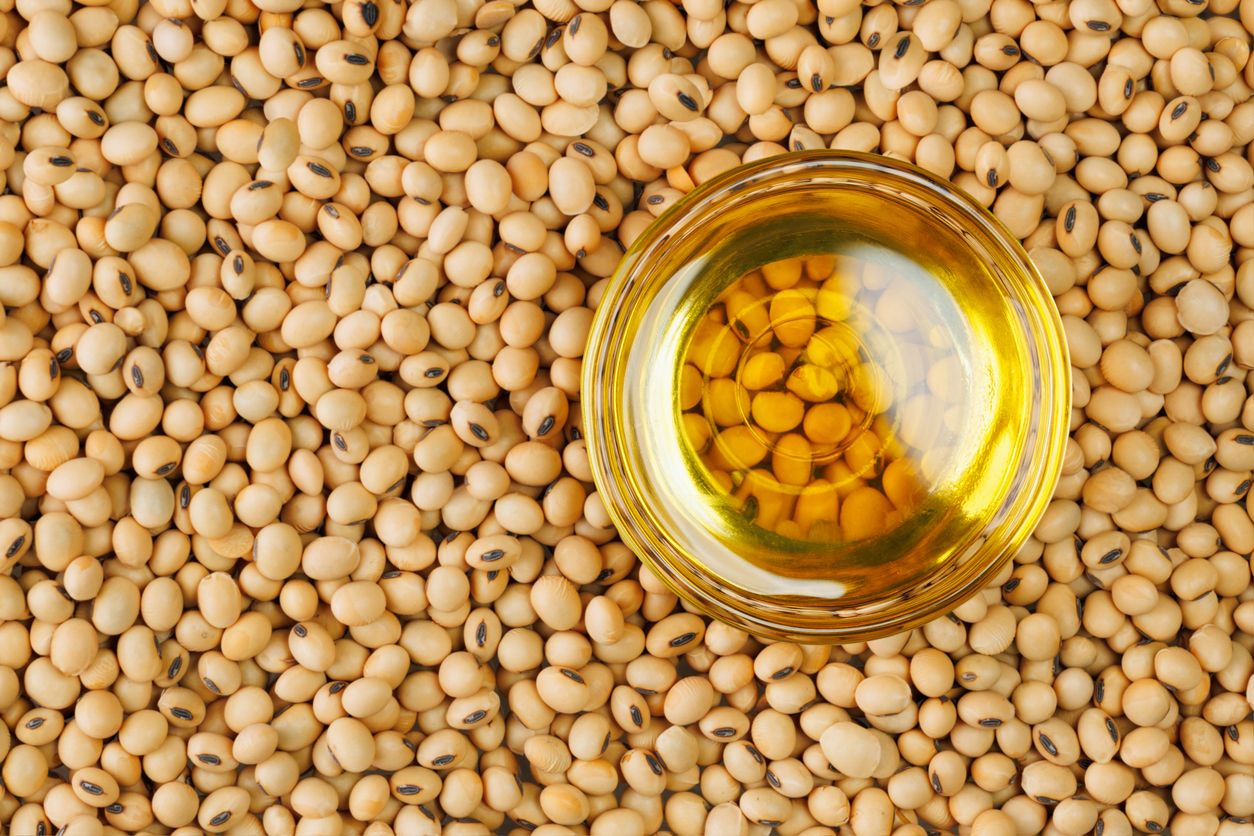Fish Feed in Kenya: The Answer to Sustainable Farming
Click here to browse our animal feeds and buy online
Fish Feed in Kenya: The Answer to Sustainable Farming
Fish feed is the main input cost for fish farmers. It accounts for up to 90% of operating expenses in aquaculture businesses. Therefore, it is imperative that aquaculture operators understand the various factors affecting the price of fish feed and how this might impact their operations. Fish are carnivorous animals and therefore require pre-processed foods rich in proteins, fats, oils, minerals, vitamins, and other essential nutrients to thrive. Without sufficient fish feed, fish will not grow large or fast enough to be profitable as a food source. However, this does not mean that you should never consider starting a business venture in fish farming. On the contrary, fish farming has several benefits that make it worth considering as part of your business plan or personal portfolio:
What is Fish Feed?
Fish feed is a feed used in fish husbandry. It is a mixture of natural or synthetic ingredients that provides the nutrients necessary to maintain fish health and growth or to produce fish for human consumption. It can be used for fish in aquaculture (fisheries), for fish in artificial ponds or sea cages and for fish kept in aquariums. Fish feed is used as the primary source of nutrients for farmed fish. Fish feed may contain fish meal, fish oil, grains, vitamins, minerals and other additives depending on the species being fed, the desired output and the culture method used.
How is Fish Feed Made?
Fish feed manufacturers source raw materials from local and international suppliers. These raw ingredients are then mixed in a feed mill with or without added water to produce a homogeneous mixture. The feed is then dried and packed in bags or containers for storage or distribution. The length of time that the raw ingredients are stored, along with climatic conditions, will affect their quality. The shelf life of the feed is shortened if it is not properly stored. Because fish feed is highly susceptible to spoilage, the storage conditions must be carefully controlled.
Why is Fish Feed so Costly?
The cost of fish feed is influenced by several factors. The price of the raw materials (e.g. corn, soybean meal) and processing costs are just a few of the elements contributing to the final cost. This is why it is important for you to properly plan your fish farming business by taking these factors into consideration. Fish feed is considered a high-value product because of the large amounts of protein, vitamins and minerals therein. In addition, the production and distribution of fish feed is highly regulated to ensure quality.
Tips to Reduce the Cost of Feeding Your Fish
– Compare Feed Brands: Before you purchase fish feed from a feed manufacturer, compare several types of feed to find the one that best matches your fish species and culture conditions. – Use the Right Amount of Feed: Too much or too little fish feed will affect the growth of your fish. – Match Feed Type to Water Temperature: Higher water temperatures increase the rate of metabolic processes in fish, including digestion. This means fish feed should be fed more often. Lower water temperatures are favorable for digestion, which means that fish should be given smaller portions of feed in order to avoid overfeeding. – Cut Feed Waste: Fish feed waste can quickly add up. To reduce the amount of feed that ends up in the sewer, consider purchasing feeders with adjustable features that allow you to feed your fish based on size. – Consider Feed Recycling: Fish feed can be recycled by feeding the waste from other species of fish. This is particularly useful for species that require high-grade feed.
Conclusion
Fish feed is the main input cost for fish farmers. While this might seem like a difficult cost to control, there are actually several ways you can reduce the cost of feeding your fish. The most important thing is to match the type of feed to the water temperature of your fish. This will help you avoid overfeeding and wasting money. Feeding your fish the right amount of feed will help them grow faster and larger which will translate into more sales. In addition, feeding your fish less will keep your feed costs down. This can be helpful when you need to account for seasonal changes in feed prices.








LEAVE A COMMENT
You must be logged in to post a comment.